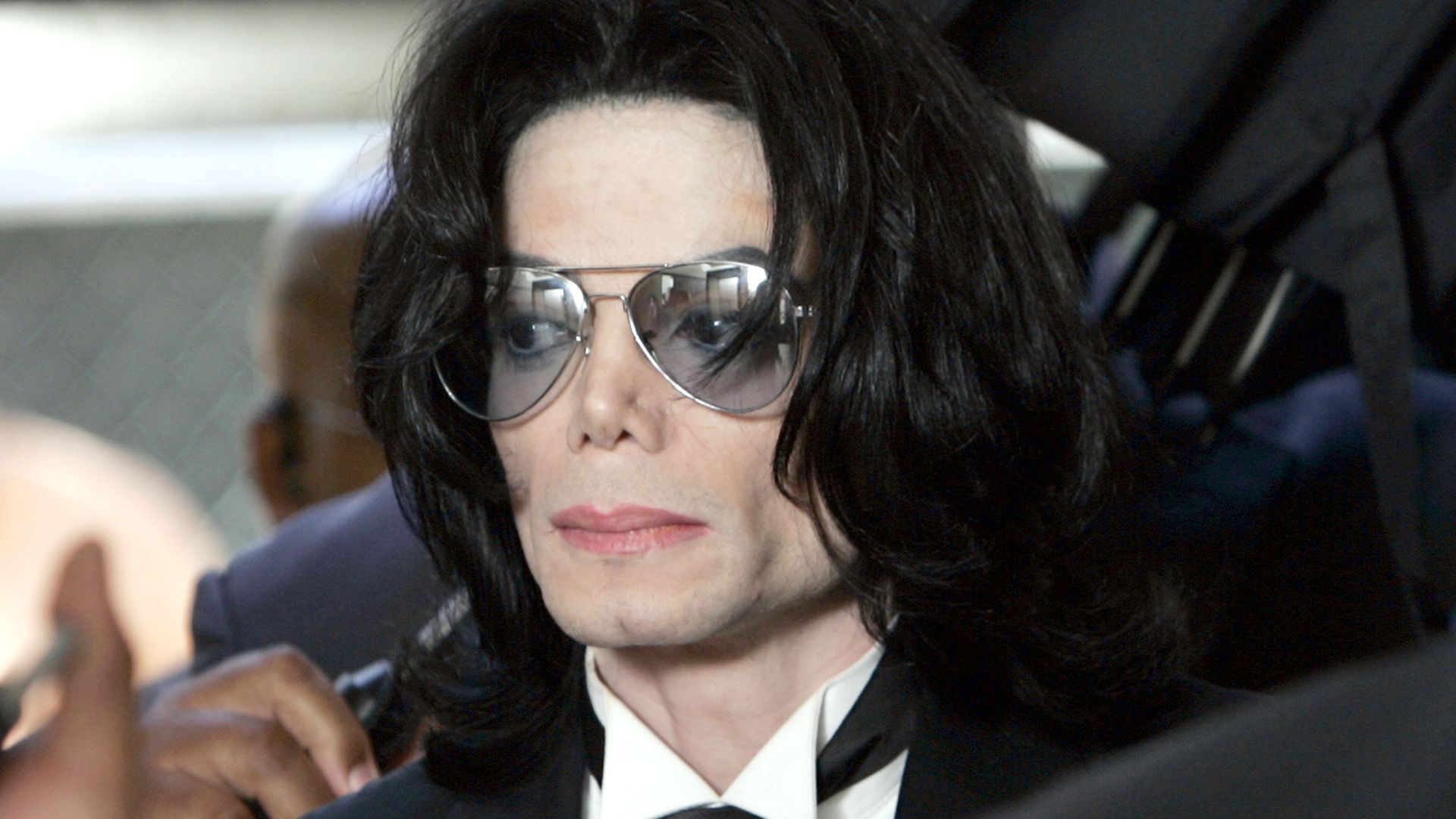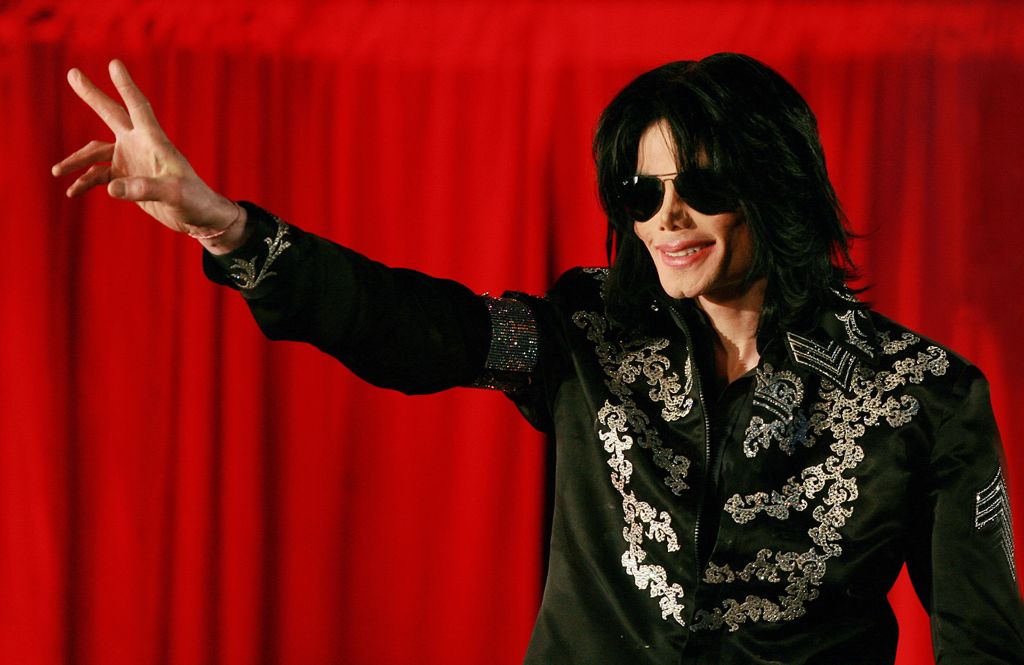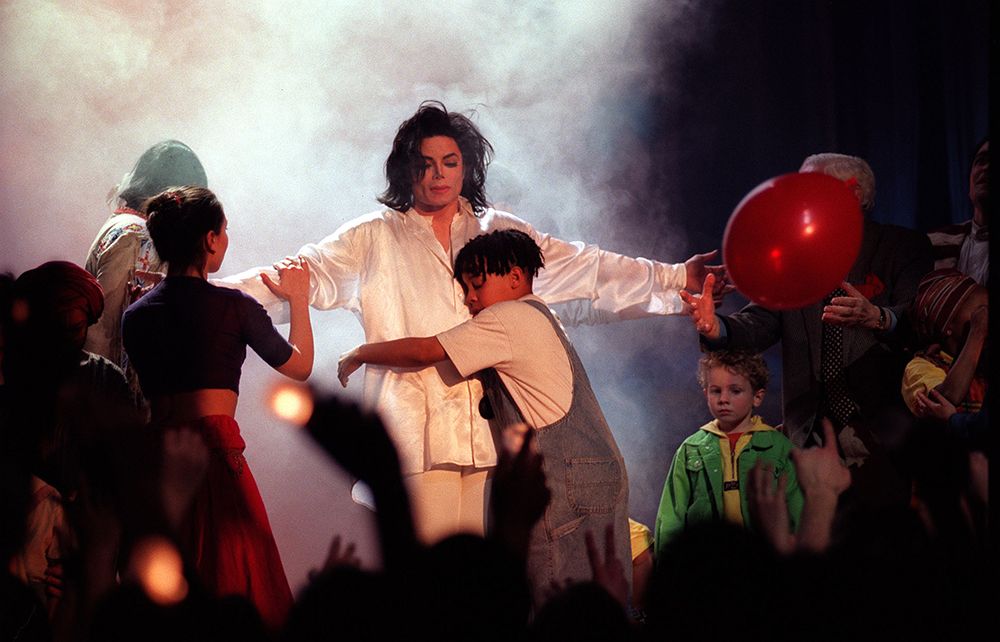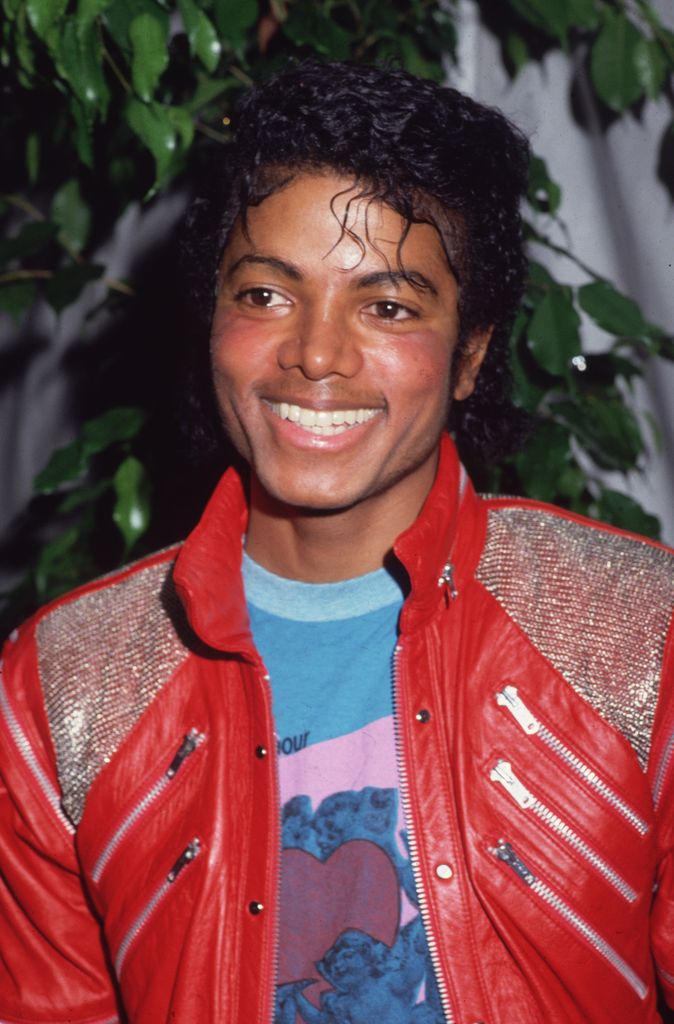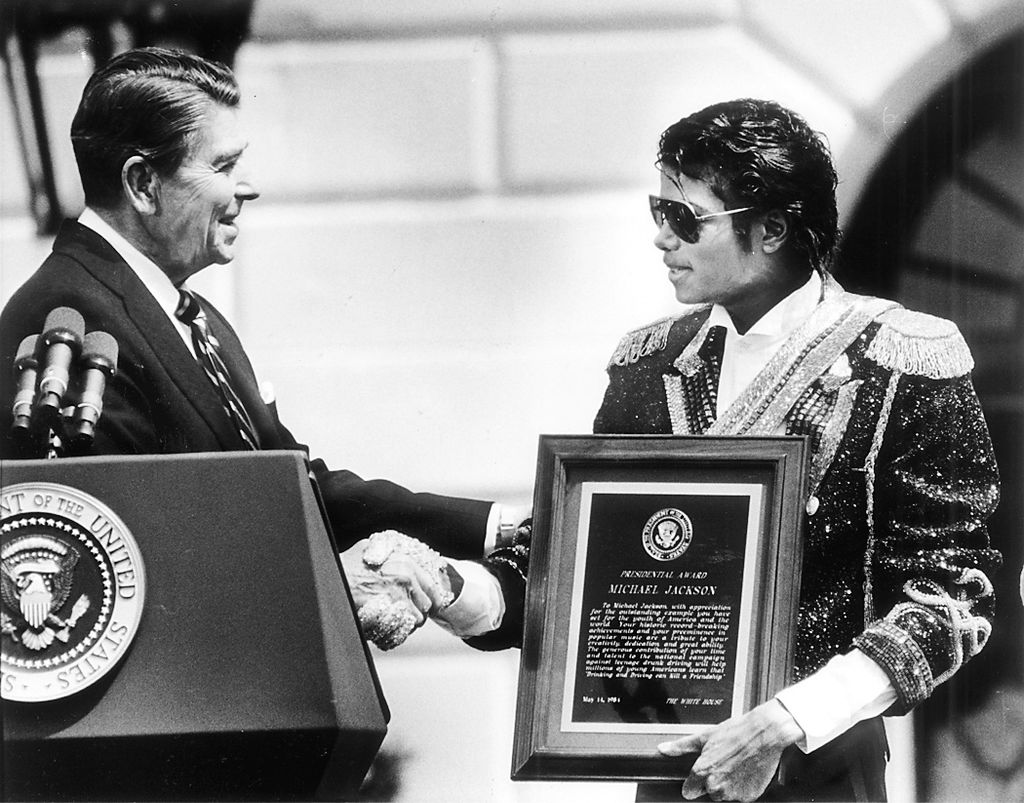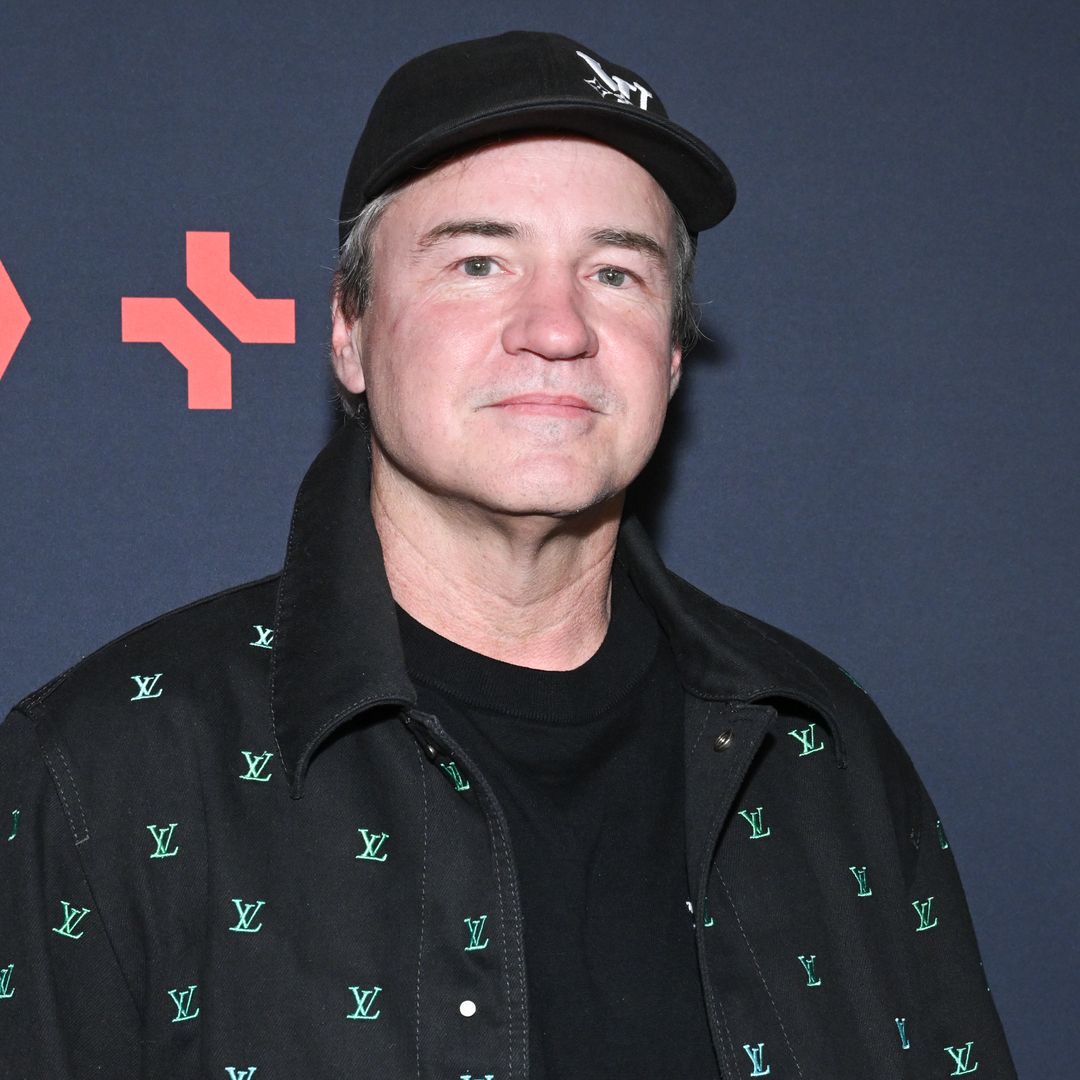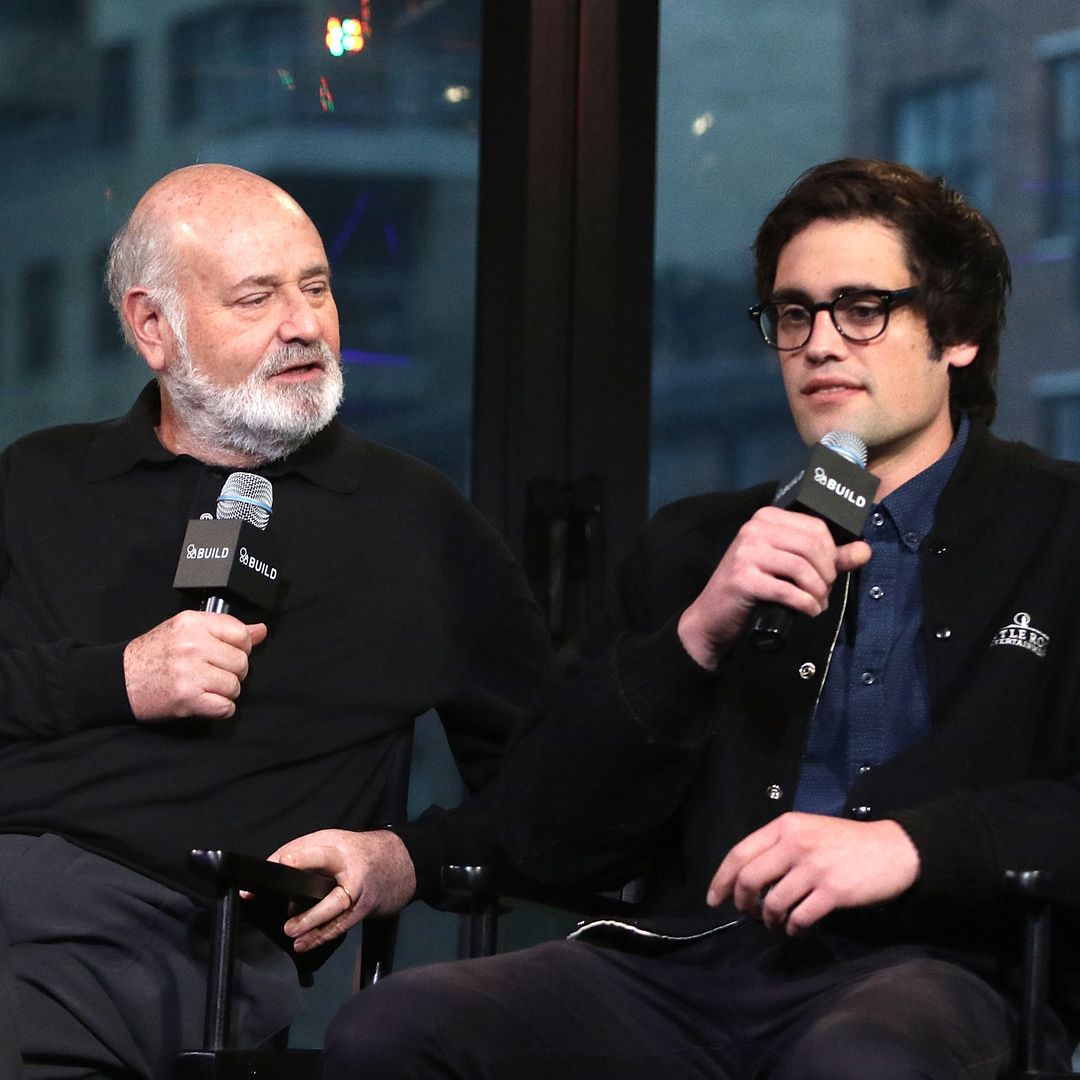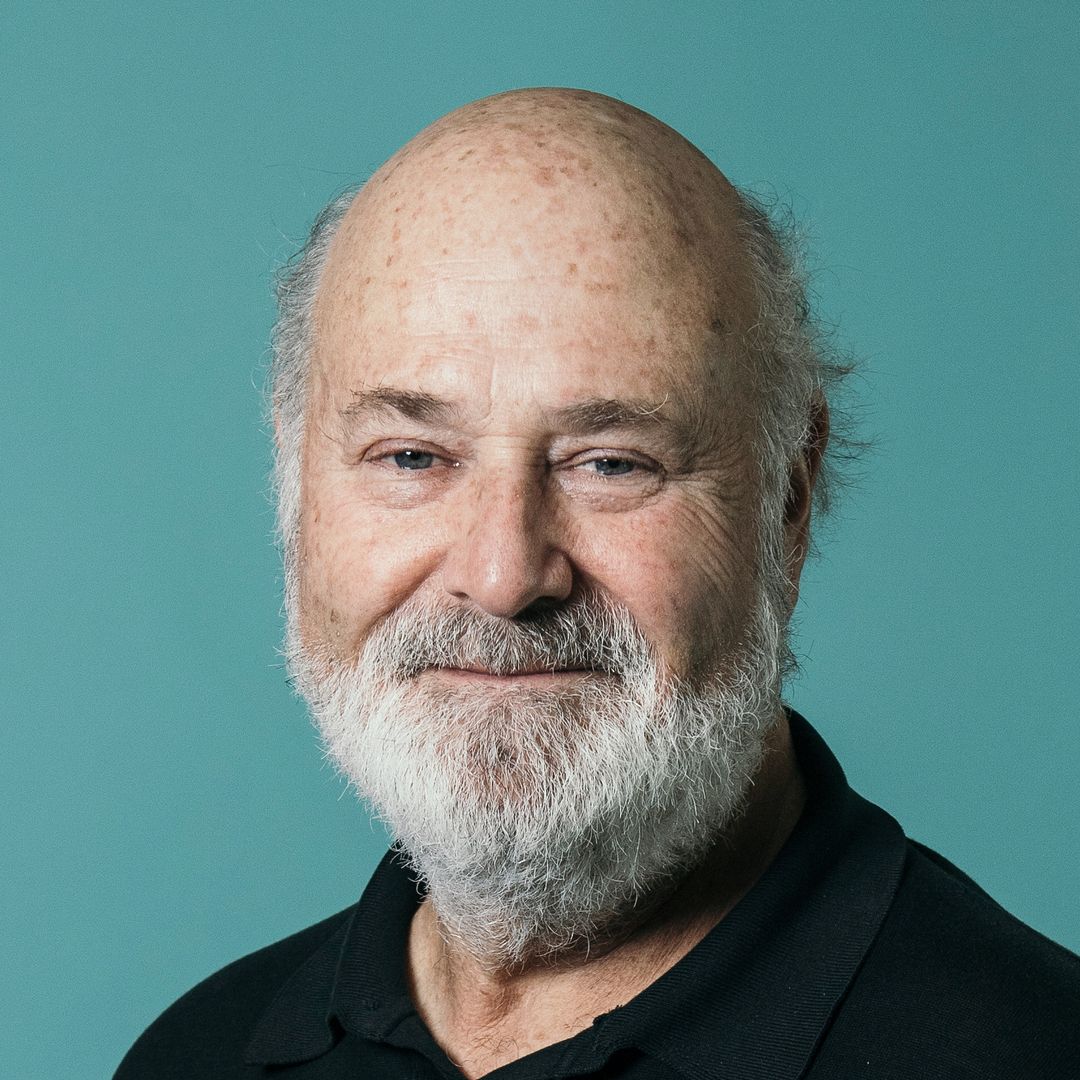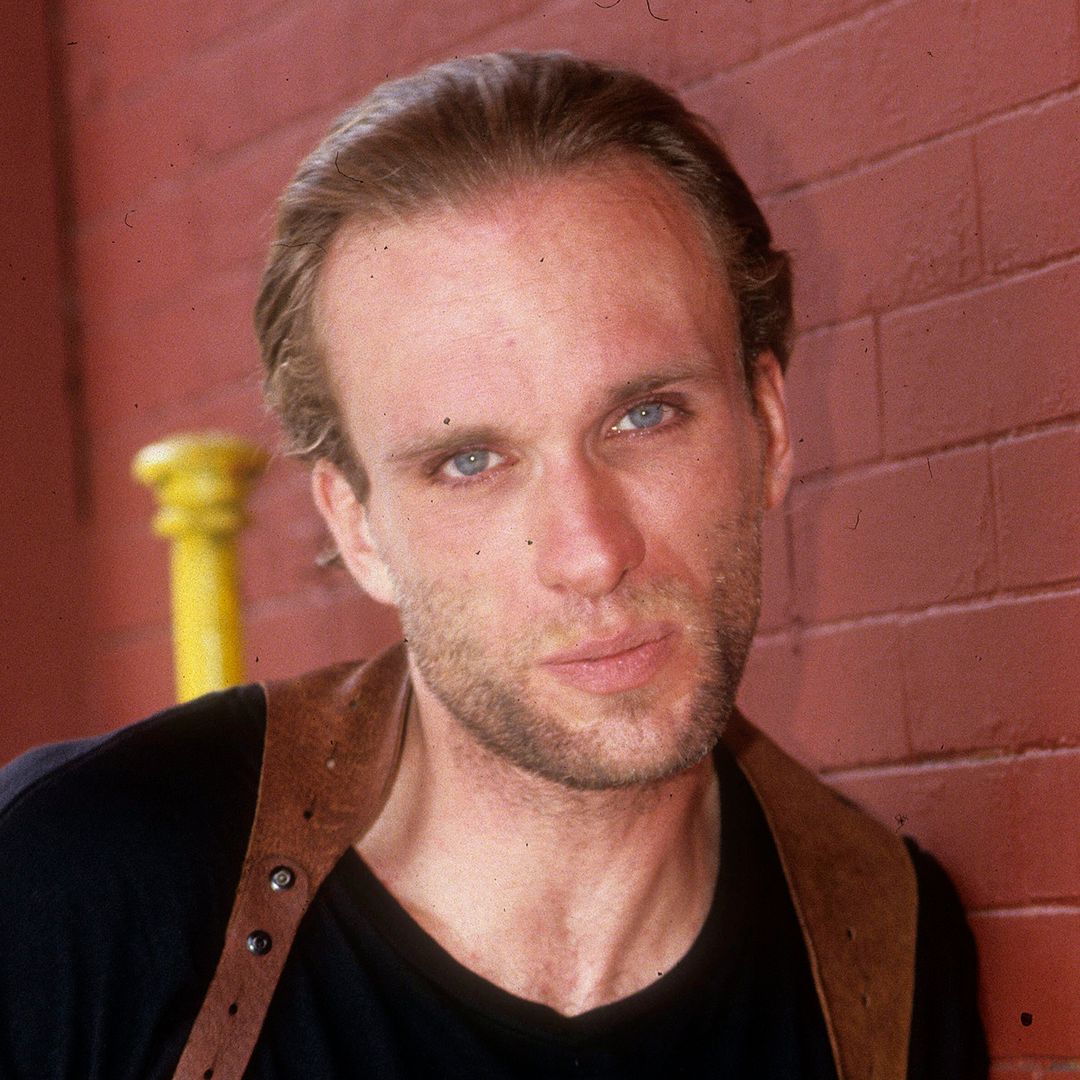When Michael Jackson tragically passed away on June 25, 2009, at the age of 50 due to apparent cardiac arrest in Los Angeles, the world was stunned.
The King of Pop was also grappling with a staggering $500 million debt, as revealed in court documents filed just days before his death.
The night before his untimely demise, Michael had been hard at work, participating in a grueling six-hour dress rehearsal at the Staples Center in Los Angeles.
This was all in preparation for his highly anticipated This Is It residency at the O2 Arena in London.
This comeback plan included new songs and extensive rehearsals, with shows scheduled to run from July 2009 to March 2010.
Despite the excitement surrounding his return, Michael's financial situation was dire, with mounting debts reportedly accruing at a rate of $30 million annually.
Certified public accountant William R. Ackerman, testifying in the wrongful-death trial against AEG Live in August 2013, provided a detailed account of Michael’s finances.
He revealed that Michael’s lavish spending habits included donations to charity, gifts, travel, art, and furniture. "He spent a lot of money on jewelry," Ackerman stated in the downtown Los Angeles courtroom. "He was tapped out."
As early as 1993, Michael’s debts were on the rise, reaching a staggering $140 million by 1998. Between June 2001 and June 2009, his debt increased by another $170 million, with interest rates on his loans fluctuating between 7% and 16.8% annually.
To manage this, Michael used his stake in a valuable song catalog, including the Beatles hits, as collateral for approximately $270 million in loans from Bank of America. These loans were later sold to Fortress Investment Group in 2005, a company specializing in distressed debt.
Randy Phillips, former CEO of AEG Live, shared with Rolling Stone in 2009 that Michael was determined to change his financial situation.
"He wanted people to see his work and not just talk about his lifestyle," Randy said. "Michael was a very smart marketing person. People say he was feeble and manipulated, but he was powerful and a manipulator. He was ready to clean up his finances and settle down to earn money again."
Following Michael's death, the financial burden of the canceled tour fell on his estate, which owed approximately $40 million to concert promoter AEG.
The estate, managed by attorney John Branca and A&R executive John McClain, faced significant challenges, including over half a dozen lawsuits and numerous creditors' claims. However, through meticulous negotiations and financial restructuring, they managed to turn things around. The estate's value has now soared to over $2 billion.
"The Executors were able to renegotiate and restructure financing arrangements at substantially reduced interest rates," the petition reads.
This included managing the debt secured by Michael's catalog, Mijac Music, and the estate's interest in Sony/ATV. In 2012, negotiations with Sony led to an interest in EMI Music Publishing, a deal that proved highly profitable when Sony acquired the estate's interest in EMI for $300 million in 2018, a massive return on an initial $50,000 investment.
The estate's financial management extends to overseeing expenditures and finances for Michael’s three children, Paris, Prince, and Bigi. Legal fees and compensation for the attorneys involved in the estate affairs are meticulously documented and approved by the probate court, ensuring transparency and accountability.
Despite these financial triumphs, the estate continues to face legal challenges. One significant case involves accusations by Wade Robson and James Safechuck, featured in the HBO documentary Leaving Neverland.
They allege that Michael sexually molested them as children and that MJJ Productions and MJJ Ventures, both owned by the estate, were complicit in these actions. The case is set to be tried, with the plaintiffs needing to prove not only the abuse but also the complicity of Michael’s companies.
In the documentary, both men spoke poignantly about the impact of Michael's death on their lives. Wade recalled crying more than he did for his own father's death, while James mourned the loss of their friendship. "I want to be able to speak the truth as loud as I had to speak the lie for so long," Wade said in Leaving Neverland.
Michael’s attorney, Jonathan Steinsapir, expressed disappointment with the court's decision to proceed with the case. "
We remain fully confident that Michael is innocent of these allegations," he told People in August 2023. "Michael Jackson himself said, ‘Lies run sprints, but the truth runs marathons.’"
